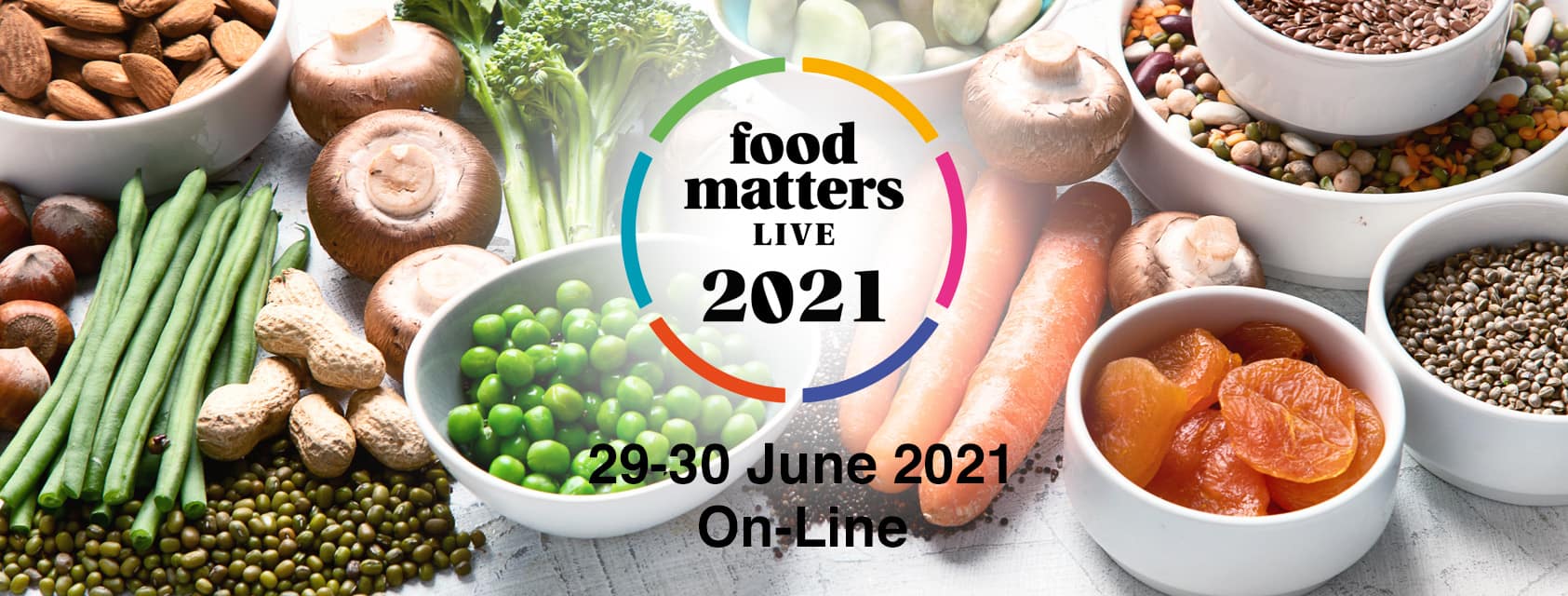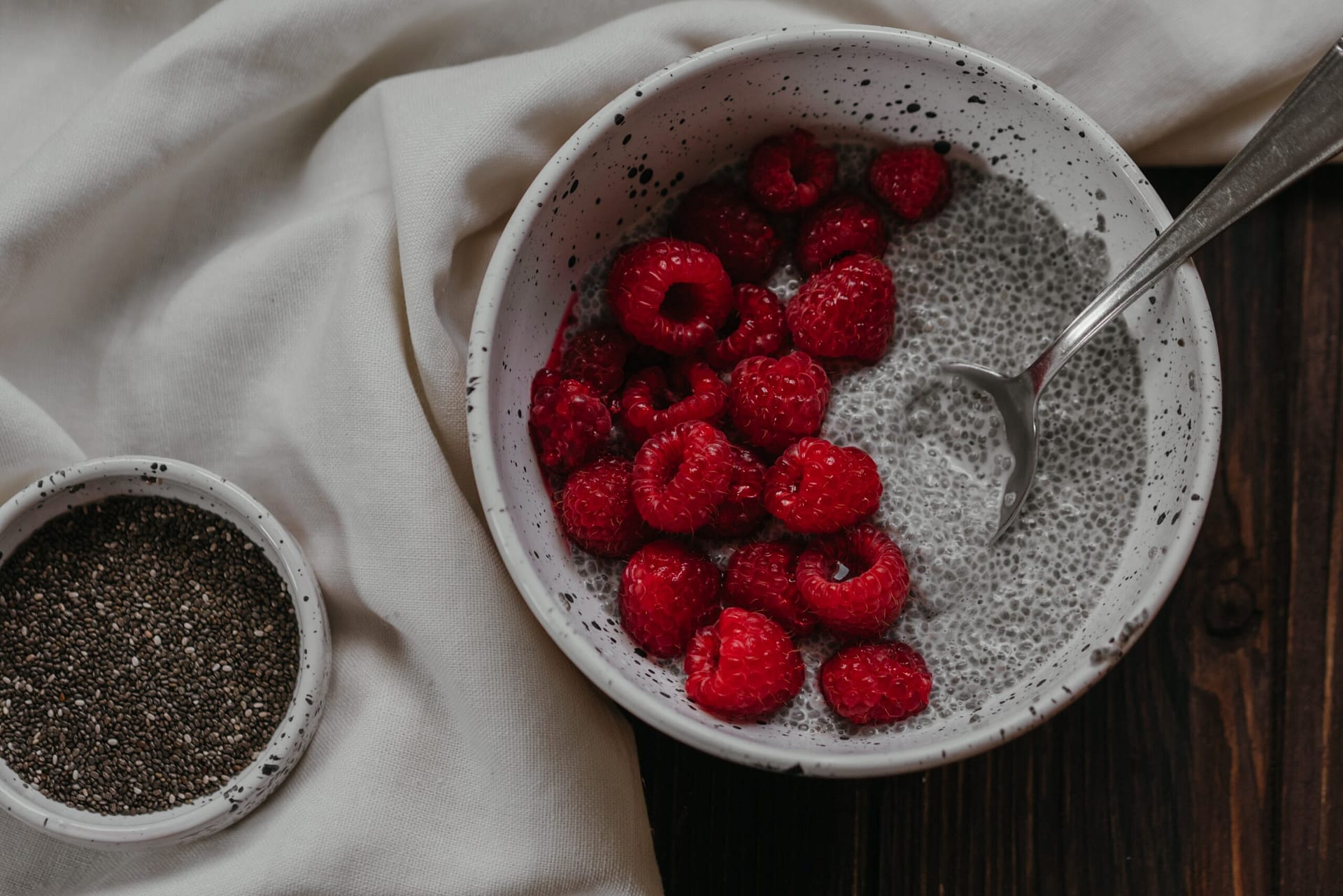Sustainability has been a trend within FMCG for a number of years, and its relevance to consumers has only been growing. The last 18 months has demonstrated to consumers the vulnerability of global supply chain, leading to a rise in the importance of local produced food, particularly in markets such as the UK and US. However, this is only one factor in how sustainable a product should be considered – packaging, energy, transport all need to be considered in the assessment of how sustainable a product is.
On the 29th of June our MD, Susannah, is chairing a session at Food Matters Lives covering just this topic – the Mainstreaming sustainable diets in practice – an illuminating session of speakers and panel discussion across the different aspects of this topic.
Here we outline three key trends in sustainable food that we believe will influence future innovations in this space.

Plant-based diets
Plant-based diets might seem like old news in the innovation space, and this trend has certainly been growing for many years, however as it matures consumers will become more educated and start to questions the sustainability (and potentially health!) credentials of their plant-based choices. No diet choice comes without an impact on the environment – all food has to be produced – requiring water, land, energy. Then raw ingredients need to be processed, changed, added too to produce products that fulfill consumer needs and lastly of course these products need to be packed and transported to reach the end consumer.
It goes without saying that the above is simplified, but it is easy to see how it is a minefield for the consumer, who is already bombarded with information at all points in the purchase journey and will often understandably revert to autopilot! We are already seeing innovation in this space, for example with the use of QR codes on products to trace origin, but I see a future space for a sustainability score, perhaps similar to the traffic light system for food nutritional scores, that will support consumers in making informed choices.
In terms of food and beverage innovations – products that hero their natural origins and simple processing / ingredient lists are an under developed area in this space, where the focus has been more on replicating animal origin.

Supply chain and waste reduction
Many successful innovations over the years have come from using the production waste of other products (savory snacks made from the starch washed from potatoes being a great example!) and more recently a number of brands champion their use of otherwise rejected ingredients in the making of their products. This is an ever more lucrative space for innovation, with advances in technology and the global connectivity of the world, meaning more ‘useable’ waste in production and easier access to a global pool of buyers to take it off your hands. And of course commercially this makes sense – savings in not paying for the waste to be taken away and profits from the sale – a double pot any accountant would like!
There are natural partners in the space that are already emerging, for example beer made from waste in bread production, but there are many, many more connections that can be made – fruit and vegetable by products from pressing / juicing processes, skins and husks from seeds, nuts and grains, damaged or broken manufactured products that can be re-purposed or changed – are just three examples. The key will be too involve the consumer in the development process, not only to understand the most motivating story to tell about your products (that might not even mention the sustainability story!) but also to ensure the product delivers sensorially – after all taste will always be king.

Packaging
You can’t, and nor should we, avoid the global attention placed on reducing the over reliance we all have on single use packaging, and plastics in particular. Governments and companies around the world have pledged to change their ways and many consumers are making their own individual efforts to reduce, reuse and recycle. There are many innovations now making it to the mainstream, for example carboard bottles, compostable films and refill stations, but where innovation can play a pivotal role is not just in the like for like replacement of packaging format with a different material, but in changing the user experience – understanding a consumer frustration or niggle with the user experience – and looking to innovate your packaging whilst also changing the material will provide a double boost to your brand.
Easy portioning, reseal-ability, less mess, all of these are common frustrations with packaging – exploring how you can kill two birds with one stone to innovate in both sustainability and consumer benefit will in our opinion lead to more successful innovations.


